
Daniel Goleman Emotional Intelligence by Daniel Goleman Pathak Shamabesh
Emotional intelligence refers to the ability to perceive, understand, and manage one's own emotions and relationships. It involves being aware of emotions in oneself and others and using this awareness to guide thinking and behavior. Emotionally intelligent individuals can motivate themselves, read social cues, and build strong relationships.
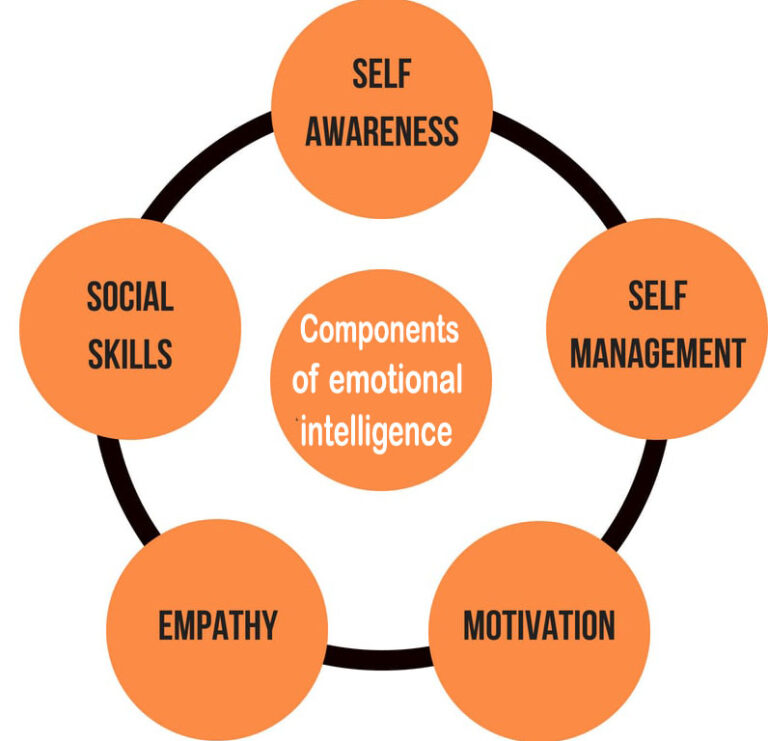
Components of emotional intelligence Daniel Goleman leadership of EQ
Daniel Goleman, best known for his writing on emotional intelligence, is codirector of the Consortium for Research on Emotional Intelligence in Organizations at Rutgers University.His latest book.

Emotional Intelligence Has 12 Elements. Which Do You Need to Work On
Two measurement tools are based on the Goleman model: The Emotional Competence Inventory (ECI), which was created in 1999, and the Emotional and Social Competence Inventory (ESCI), a newer edition of the ECI, which was developed in 2007.. According to a science book by the journalist Daniel Goleman, emotional intelligence accounts for more.

Introduzir 88+ imagem o modelo de inteligencia emocional proposto por
If you're new to the work of emotional intelligence (EI) or if you're in need of a refresher, this article will define emotional intelligence and break down the four domains and twelve competencies that make up Daniel Goleman's framework. There are four domains and 12 competencies in Daniel Goleman's model of EI. The four domains are:
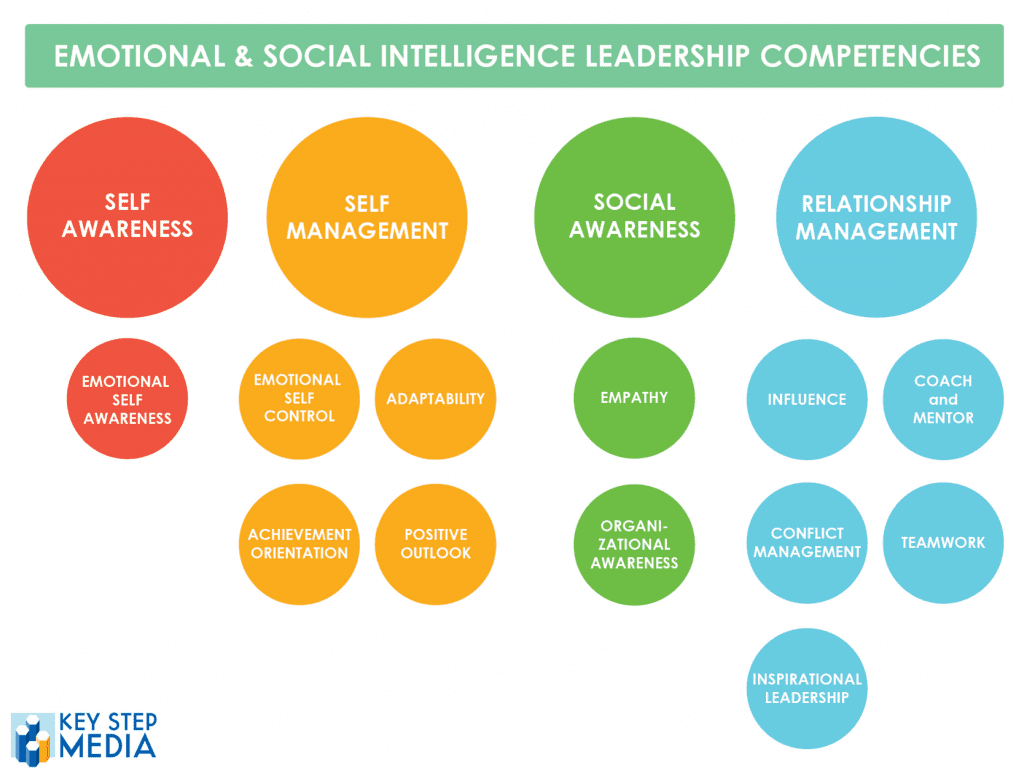
How a Coach Works with Emotional Intelligence International Coach
Daniel Goleman brought the notion of "EI" to prominence as an alternative to more traditional measures of IQ with his 1995 mega-best-seller Emotional Intelligence. Since the publication of that book, conferences and academic institutes have sprung up dedicated to the idea. EI is taught in public schools, and corporate leaders have adopted it as.

Emotional Intelligence Toronto Emotional intelligence
Daniel Goleman, an American writer, psychologist, and science journalist, disclosed the EI concept in his book named "Emotional Intelligence" [58,59,60]. He extended the concept to include general social competence.. The model of emotional intelligence has been created with a better distinct classification. It is a more structured.
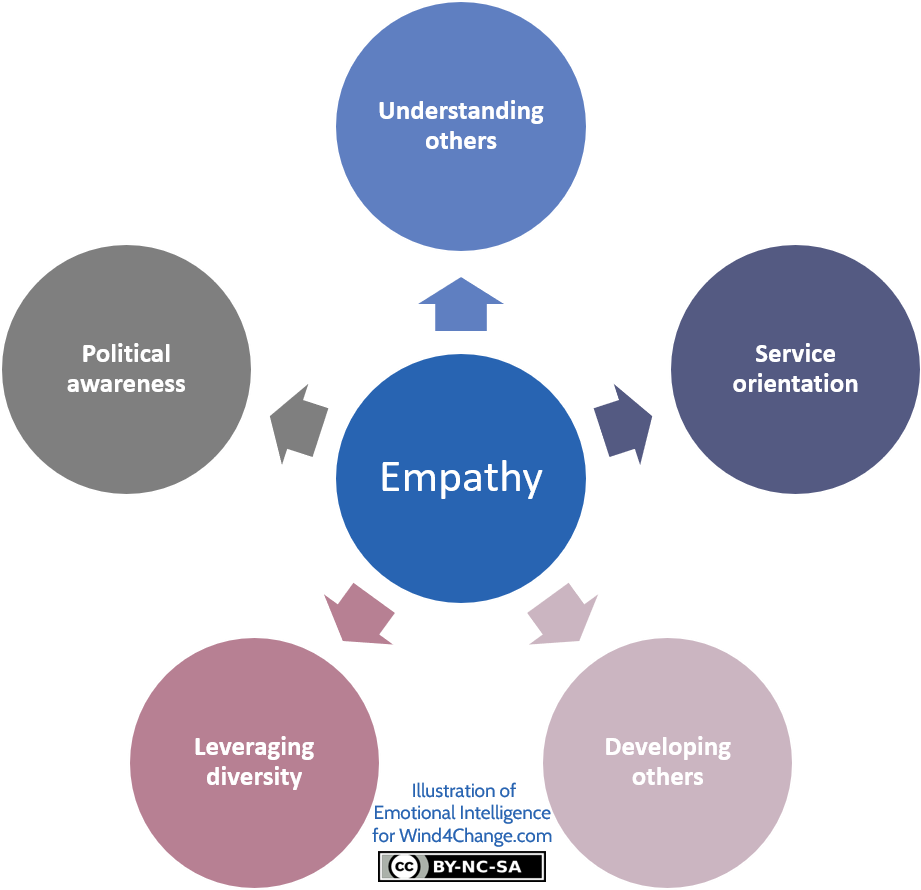
Emotional Intelligence by Daniel Goleman Social Skills Wind4Change
Daniel Goleman's emotional intelligence theory outlines five components of EI: self-awareness, self-regulation, motivation, empathy, and social skills. Emotional intelligence can be learned and applied to meet goals and targets, as well as create a happier and healthier working culture. Listen to this article on TSW's skills development.
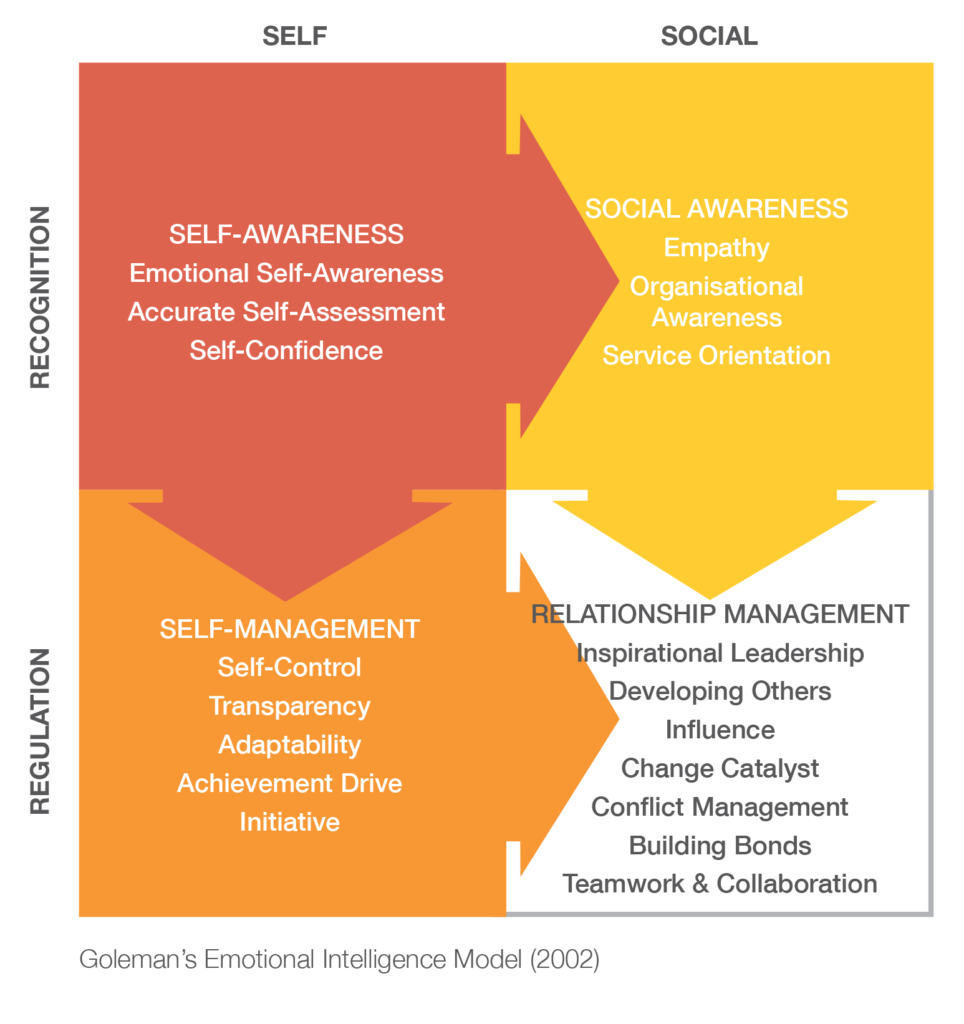
Goleman and Emotional Intelligence avenmarch.1's Blog
Goleman's Five Elements of Emotional Intelligence Infographic. You've accessed 1 of your 2 free resources. This infographic summarizes Daniel Goleman's five essential components of Emotional Intelligence, along with tips on how to develop each one.

Daniel Goleman Emotional Intelligence DayamikruwDiaz
In Emotional Intelligence (1995), a work that served to popularize the notion in the 1990s, the American psychologist Daniel Goleman described emotional intelligence as comprising five broadly understood components: self-awareness, self-control, self-motivation, empathy, and social skills. Self-awareness is the ability to recognize and understand one's own emotions and reactions and how they.

Emotional Intelligence Frameworks, Charts, Diagrams Graphs, 41 OFF
Definition. Emotional intelligence describes the ability, capacity, skill, or self-perceived ability to identify, assess, and manage the emotions of one's self, of others, and of groups. People who possess a high degree of emotional intelligence know themselves very well and are also able to sense the emotions of others.

Daniel Goleman's Theory of Emotional Intelligence with description and
Books. Emotional Intelligence. Daniel Goleman. Bantam Books, 1995 - Business & Economics - 352 pages. Is IQ destiny? Not nearly as much as we think. Daniel Goleman's fascinating and persuasive book argues that our view of human intelligence is far too narrow, ignoring a crucial range of abilities that matter immensely in terms of how we do in.

PPT Daniel Goleman’s of Theory of Emotional Intelligence and
Daniel Goleman, best known for his writing on emotional intelligence, is codirector of the Consortium for Research on Emotional Intelligence in Organizations at Rutgers University.His latest book.

Goleman's Emotional Intelligence Model
Bloomsbury Publishing, Sep 12, 1996 - Body, Mind & Spirit - 352 pages. The groundbreaking bestseller that redefines intelligence and success. Does IQ define our destiny? Daniel Goleman argues that our view of human intelligence is far too narrow, and that our emotions play major role in thought, decision making and individual success.
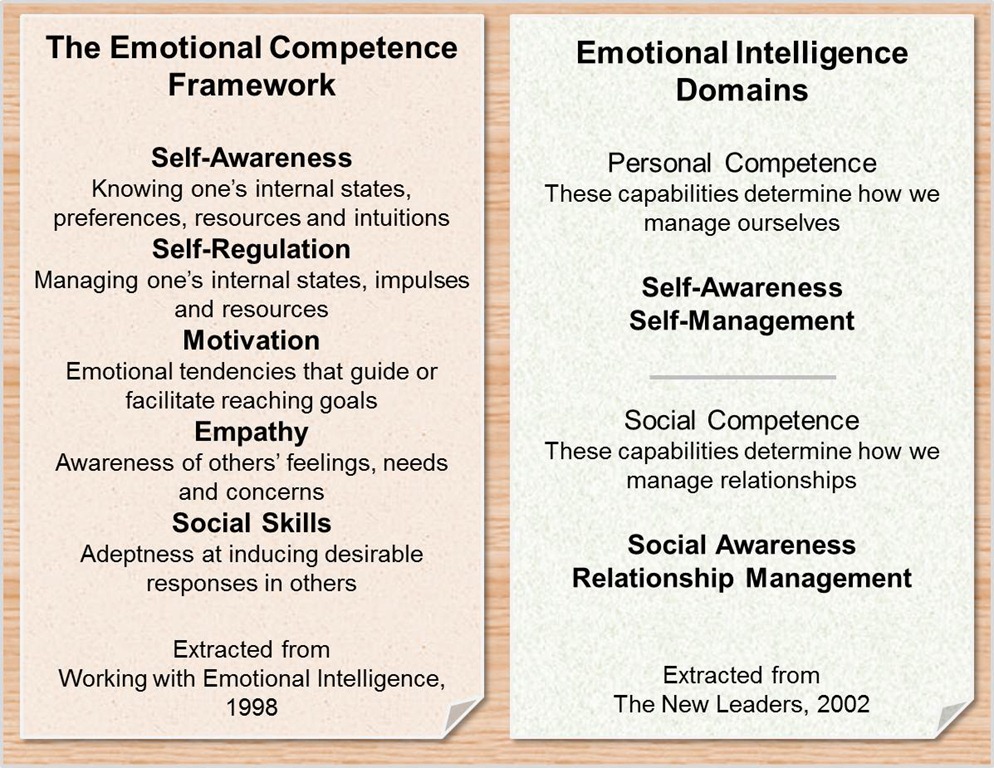
There’s More to Emotional Intelligence than Daniel Goleman Management
Emotional Intelligence. : Daniel Goleman. A&C Black, Jul 20, 2009 - Body, Mind & Spirit - 368 pages. A 25th anniversary edition of the number one, multi-million copy international bestseller that taught us how emotional intelligence is more important than IQ - 'a revolutionary, paradigm-shattering idea' (Harvard Business Review) Featuring a new.

Mixed Model of Emotional Intelligence by Daniel Goleman Emotional
Emotional intelligence is learned and can be improved. In his books "Emotional Intelligence" (1995) and "Social Intelligence" (2006), the author explains that part of this ability, this capacity, is to be found in our own epigenetics. That is, it can be activated and deactivated, depending on the emotional and social environment we grow.

Emotional Intelligence Prof. Daniel Goleman Ph.D. Macmillan
According to Goleman, bullying, disciplinary problems, violence and drug abuse are reduced in schools with a high EQ. With a solid basis in emotional intelligence, academic performance — as well as behavior — improves. There is an obvious connection to Goleman's third, motivational component: learning stimulates curiosity and promotes.
- Comic Hole Page Scarlet Witch Goddess
- Arroz Con Leche Con Huevo Batido
- Chuletas De Co0rdero Con Patatas Fritas
- Best Alarm Clock For Seniors
- Buscar Y Reemplazar En El Blog De Notas
- Acer Aspire Network Adapter Driver
- Descargar Programa Para Reparar Windows Xp Gratis Español
- Marcas De Chocolate
- Campo De Voleibol Para Examen
- Coordenadas Cilindricas Y Esfericas Integrales Triples